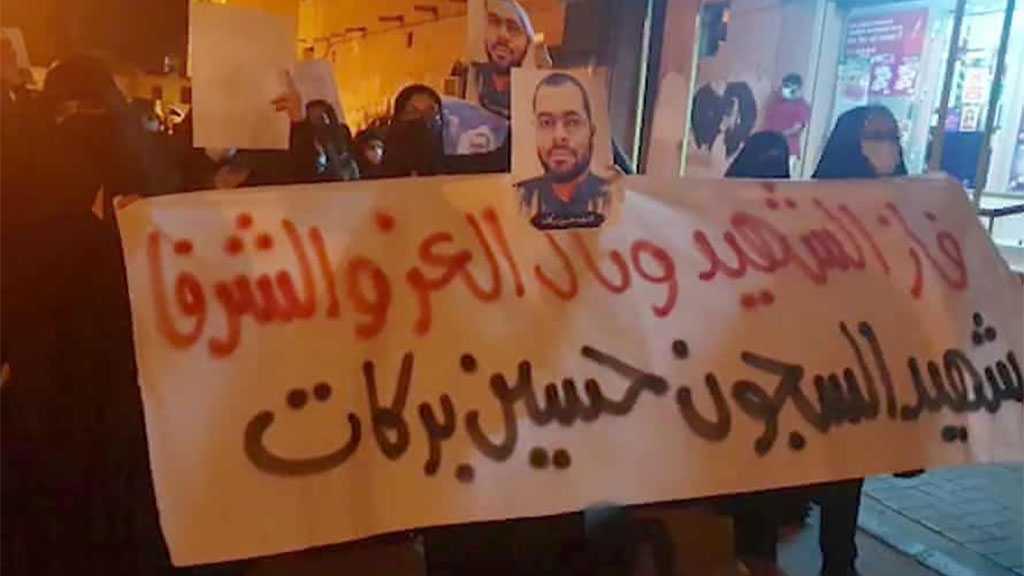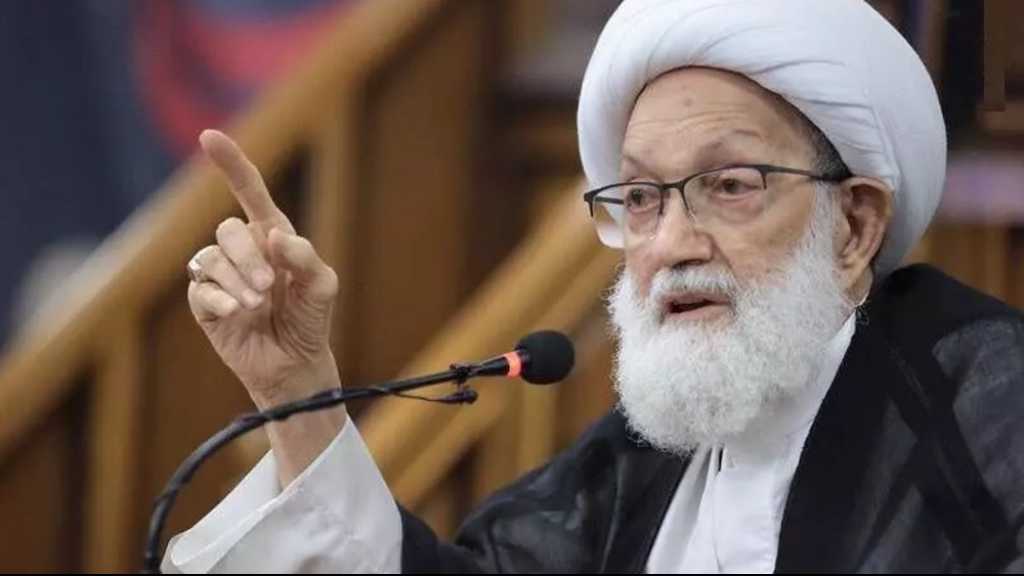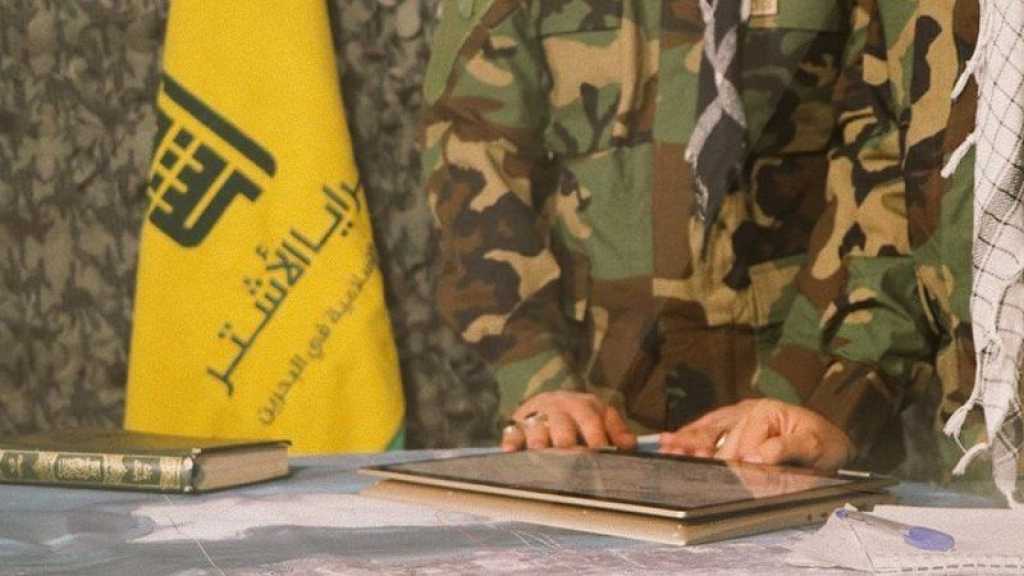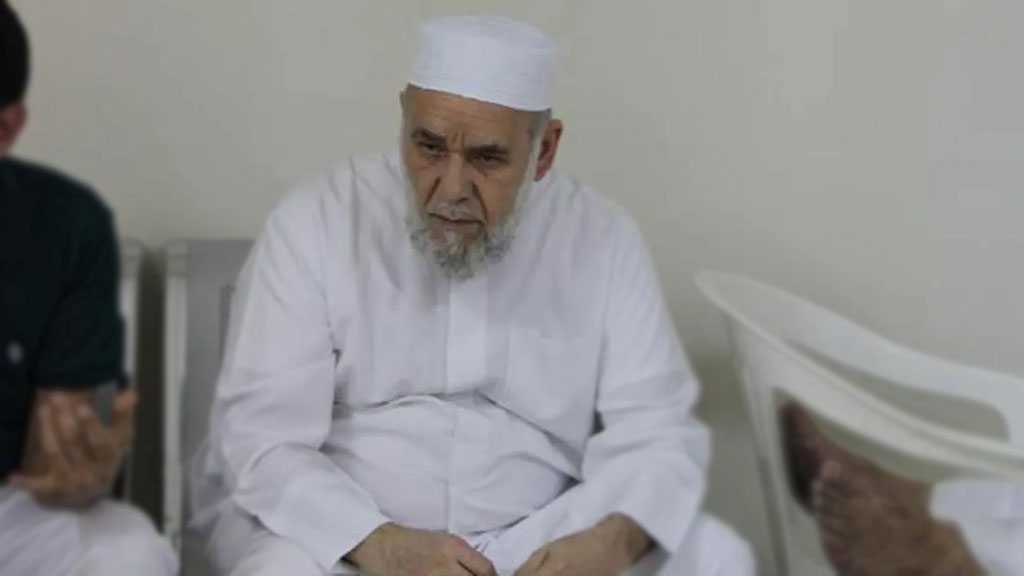Bahraini Prisoners Detail Brutal Crackdown to Covid Protest

By Staff, Agencies
In early April, inmates at Bahrain’s Jaw prison crowded into the corridors to protest. They were angry about a lack of medical treatment and fearing for their lives after the death of another inmate. Their sit-in at building 13 lasted 10 days, and spread to other blocks in Jaw, an infamous prison complex in the south of the kingdom.
Inmates state how authorities regularly delay or deny vital medical care to prisoners – especially prisoners of conscience. The concern has grown since late March when Covid-19 began to tear through the prison system. Prisoners and rights groups warned that the authorities failed to prevent the outbreak and have denied some inmates their choice of vaccine.
The Bahrain Institute for Rights and Democracy [Bird] provided data, seen by the Guardian, seeming to show that at least 138 inmates in Jaw have been infected with Covid since 22 March.
In addition, Bird estimates that the total number of Covid cases in both Jaw and the Dry Dock Detention Centre – which houses prisoners in pre-trial detention or awaiting court hearings – has far exceeded 200 cases since March.
The inmates’ protest inside Jaw spread to three buildings, all housing political prisoners, before a fierce crackdown on 17 April. Prison authorities, backed by anti-riot police, charged into building 13, throwing stun grenades and allegedly beating inmates with batons to force them back inside their overcrowded cells.
One prisoner, Saeed Abdulemam, said he was beaten so badly on his head that he still had blurred vision two and a half weeks later. Other inmates told their families they were beaten with metal rods and shoes.
“Everyone was beaten badly,” Hassan Ali Sheikh told his mother on the phone. Other inmates later told Bird that security forces had dragged the bodies of those they had beaten unconscious through the corridor, leaving a trail of blood.
On 24 May an early day motion was tabled in the UK House of Commons, stating that about 60 inmates were taken to solitary confinement cells where they were held for 19 days without access to daylight, phone calls or their lawyers. The UN high commissioner for human rights said: “We are disturbed by the use of unnecessary and disproportionate force by police special forces to dismantle a peaceful sit-in.”
Most of the prisoners put in solitary confinement claimed they received no medical treatment for their wounds. Only Abdulemam was taken briefly to a military hospital and then returned to solitary confinement. The rest remained in the dark, handcuffed in cells without beds.
“You eat, pray, go to the bathroom with the cuffs. Everything with the cuffs,” one inmate called Ali Alzaki told his family on the phone later. “For 10 days we didn’t change our clothes or take a shower.” When Ali Mohammed Hassan Buhameed called his family a month later, he held up his wrists to show scars caused by handcuffs.
Sayed Ahmed Alwadaei, who heads Bird, said he was “shocked to my core”, by the testimonies of prisoners about the crackdown on 17 April. He said the authorities’ response to the sit-in “amounts to torture.”
Meanwhile, inmates in Bahrain have raised concerns about how the authorities’ lack of care risked spreading Covid. Speaking from inside the Dry Dock Detention Centre, inmate Ali Al Hajee said: “Most prisoners are mistreated, physically and mentally. It’s always the same thing – torture and a lack of proper medical care.”
Al-Hajee is now in the eighth year of a decade-long sentence after organizing pro-democracy protests, and grew concerned about medical care after an outbreak of scabies last year. On 9 June, a second inmate from Jaw died, 48-year-old political prisoner Husain Barakat, this time from suspected Covid complications.
“Many times we’ve said they need to spread prisoners out and educate them about Covid,” Al Hajee said. “No one is listening.”
Comments




